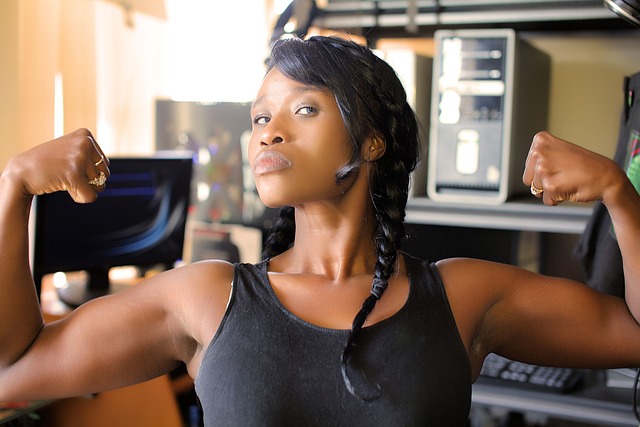Women from diverse racial and ethnic backgrounds say that having more convenient and inexpensive places to exercise would encourage them to become more active.
This is according to a nationwide collection of studies published in the American Journal of Preventive Medicine concludes.
These women would also like to see more “women-only” facilities and activity programs that bring co-workers and family members together, say Amy A. Eyler, Ph.D., of St. Louis University and colleagues, who oversaw the three-year research project.
Beyond this common ground, however, there is a mix of factors that influence whether Latina, Native American, black and white women in rural and urban areas are physically active, the researchers say.
Their study confirmed that some factors, like age and general health, influence activity in expected ways: Healthier and younger women in the study were more likely to get the recommended amount of exercise. Women who were confident about their ability to exercise were also more likely to be physically active.
But other factors had an unexpected relationship with exercise among the women. In several populations, for example, women with many children were more likely than those with fewer children to be active, according to Eyler and colleagues.
The study also found that social factors like knowing people who exercise and attending religious services were associated with levels of physical activity for many of the women.
Surprisingly, aspects of the physical environment like the prevalence of sidewalks or traffic did not play a consistent role in whether women exercised, the researchers found.
The researchers interviewed groups of black and Latina women living in Chicago and Baltimore, black women in rural South Carolina and Alabama, Latina women in urban North Carolina and Virginia, Native American women in rural and urban communities in the Southwest and white women living in rural areas of the Midwest. The survey included information from 4,122 women and was carried out by researchers from seven universities.
Eyler and colleagues say they hope the detailed survey will help health care workers design exercise intervention programs that specifically target minority women.
“Increasing physical activity levels in the U.S. population is a major factor in improving the health of our nation. Unfortunately, interventions to increase physical activity levels have been only minimally successful,” Eyler and colleagues say.
The participating universities included the University of Illinois-Chicago, University of Maryland, University of South Carolina, University of Alabama-Birmingham, University of North Carolina, University of New Mexico and Saint Louis University. The research was supported by the Centers for Disease Control and Prevention.
Sources: Center for the Advancement of Health and HBNS








